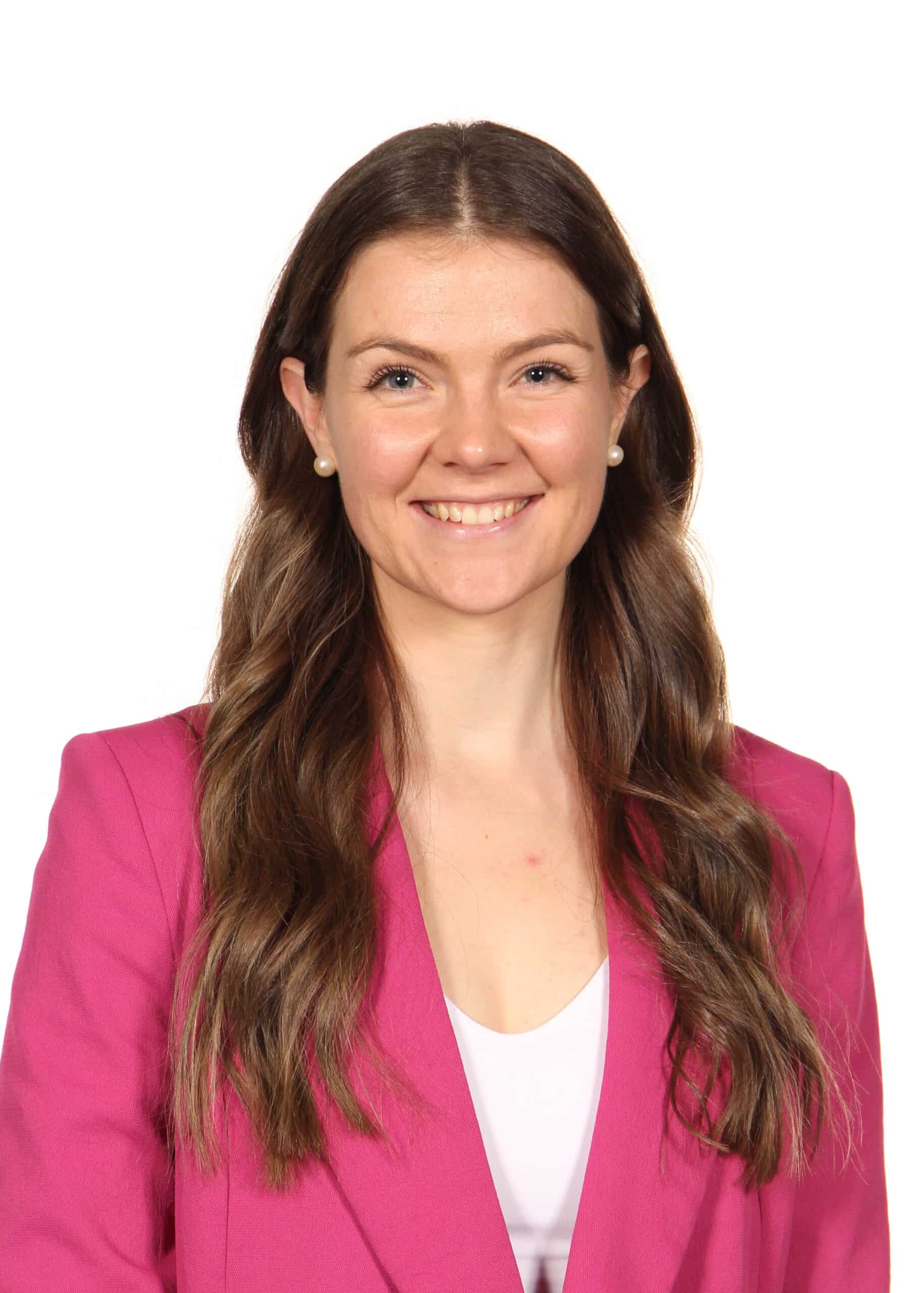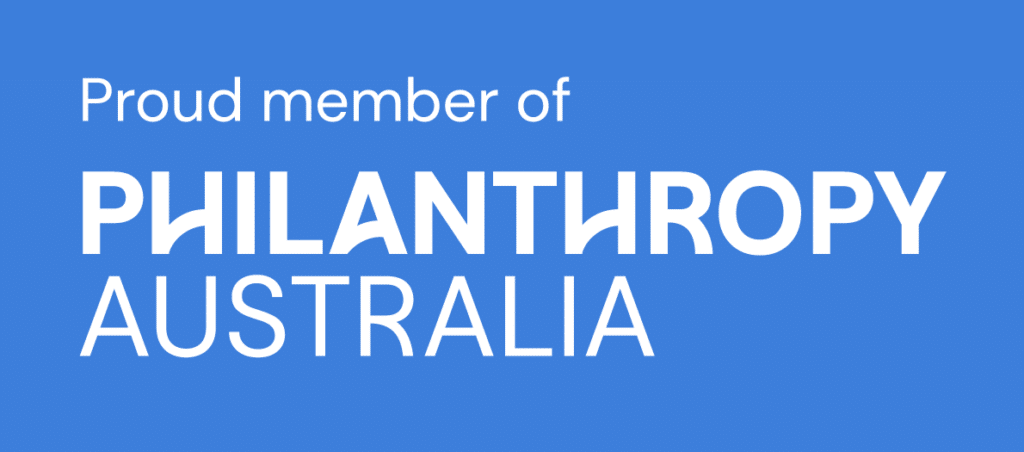Mental health issues affect so many young people, and they can find it hard to be heard. We spoke to Maddy Forde, one of our Youth Advisory Group members, about what she has heard from young people about their mental health, and what trends she has noticed.
As well as being a young person herself, Maddy works with school-age young people every day. We are thankful to Maddy for sharing her thoughts and observations with us.
Tell us about yourself, and how you came to be involved with Sir David Martin Foundation?
“My name is Maddy and I reside on Kaurna country in Adelaide.
I nominated myself to be a part of the Youth Advisory Group because I am a young person with an invisible disability or a chronic illness. As a young person experiencing that and understanding the invisibility of battling every single day with something, I felt really drawn to the work that Sir David Martin Foundation is doing.
I come as a young person understanding how isolating the journey can be, carrying the invisibility and the hardness and the challenge whilst also trying to navigate your daily life and fighting for compassion and understanding. That’s why I’m here as part of the Youth Advisory Group.
In my day-to-day role, I work in education. It is truly about students’ and young people’s voices. We create opportunities and experiences and programmes and policies which all centre around the young person.”
What do you believe are the biggest factors that are affecting young people’s mental health at the moment?
“The biggest one from the conversations I’m having with young people I work with is the uncertainty about our future. For a lot of young people, they’re consuming the world at a rate that we’ve never seen before, and they’re seeing the devastation and the sadness and the hard parts of our world. Previously I don’t think we’ve had that in real-time.
Also, even though we are an online generation young people are identifying the negative impacts of social media. That’s becoming really, really clear in the research and the evidence that when we’re chronically online and we’re consuming this all the time, we don’t get the opportunity to have a break.”
What other trends have you noticed with the young people you’re talking to?
“The trends that I’m observing or what young people are saying to me, alongside that negative impact of that social media influence, is the pressure and the stress that they’re feeling. Sometimes the pressure and the expectations are set for them as young people to be mature, but also to be kids, and to have fun, and particularly in school, they’re really struggling to live in both those worlds and be able to hold both those concepts together.
What I have been most surprised at is how young people are observing how the cost of living is impacting them and their families. I know for me at 28, I’m having those conversations with my family and my partner and my friends, like: will we ever get a house? Is that reasonable for us? Are we going to set ourselves up for a lifetime of stress and debt? I’m witnessing, young people in Year 7 and year 8, having these same conversations.
Our young people have a lot of freedom in their creativity and in their self-identity and their expression, and I think there’s a lot more freedom in that as well. And yes, there are still the struggles of trying to fit in and figuring out who you are. But I think we have more tools and access to resources which help us do that.”
Are there obstacles that prevent young people from reaching out for help when they’re facing these pressures?
“One of the most resounding things that I’ve heard in going out and speaking to these young people is how they feel like they’re not being listened to. That can be in so many ways. It can be in their education, it can be in their family lives, in their friendships. But I think if we have a lot of young people identifying that they really don’t feel listened to, should be a point of reflection.”
What advice would you have for young people who might be going through a hard time at the moment?
“It’s a really big question because I know that each individual young person is encountering something different.
I think the most important thing for our young people, is that your most authentic self as you are – not who you aspire to be, who you think you need to be – is the person that is loved and is the person that has value and worth.”
Is there anything else that you’d like to add?
“I think the most important thing, and this is what I’ve learned through being involved in the Youth Advisory Group for Sir David Martin Foundation, is we can’t help if we are not including the voices of young people on the voices of people that have that experience.
Sir David Martin Foundation is doing an incredible job, and it’s been a privilege to be involved in that.”
If you need mental health support, call Lifeline on 13 11 14 or Kids Helpline on 1800 55 1800. More mental health for young people is available here.








